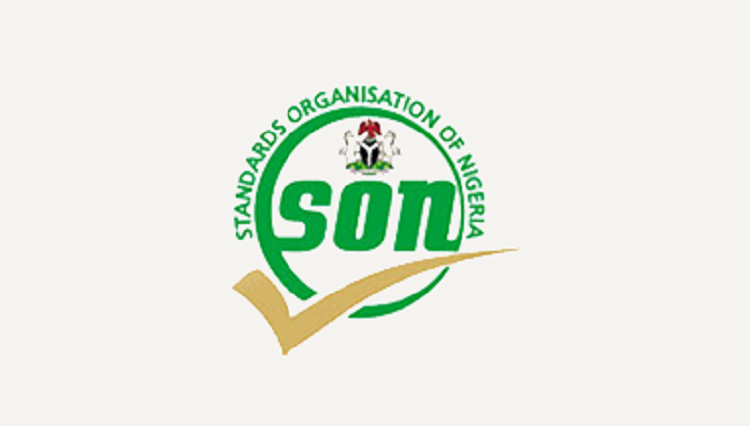In a bid to get rid of the markets of adulterated palm products and maximise the potential inherent therein, the Standard Organisation of Nigeria (SON) has organised a sensitisation workshop for palm oil producers, processors, distributors, marketers, retailers and users in South West Nigeria.
Addressing hundreds of stakeholders drawn from the zone, in Osogbo, yesterday, the director-general of SON , Dr Ifeanyi Chukwunonso Okeke, identified palm tree as an important crop whose products are used for food and non-food purposes and accounts for an annual average of 70 per cent of the Nigerian oil market.
Okeke who was represented by the South West Zonal Coordinator, Mrs Tailatu Kudi Ethan said the workshop with the theme: “Promoting Palm Oil Values Chain Via Standardisation” was organised on the need for stakeholders to conform with global best practices in the value chain of standardized production of palm oil.
In his keynote address, Professor O. K. Owolarafe, of the Obafemi Awolowo University lamented the crude method being utilised by local small scale plants coupled with environmental conditions that can definitely discourage consumption by whosoever visits local palm oil processing depots.
He called for the adoption of technologies and hygiene in the production and storage of palm oil so that poison, instead of food, is not distributed to would-be consumers.
Owolarafe noted that Nigeria has not been able to compete well with other palm oil producing countries of the world adding that there has been continuation in importation of high quality oil by the local industries because local processes have not been able to produce enough to meet their demand.
The expert who insisted that processing methods influence not only the yield of oil but more importantly the quality of products, trained participants on the process of producing high quality palm oil and sensitised them on distribution, marketing, storage of palm oil among others.
We’ve got the edge. Get real-time reports, breaking scoops, and exclusive angles delivered straight to your phone. Don’t settle for stale news. Join LEADERSHIP NEWS on WhatsApp for 24/7 updates →
Join Our WhatsApp Channel











